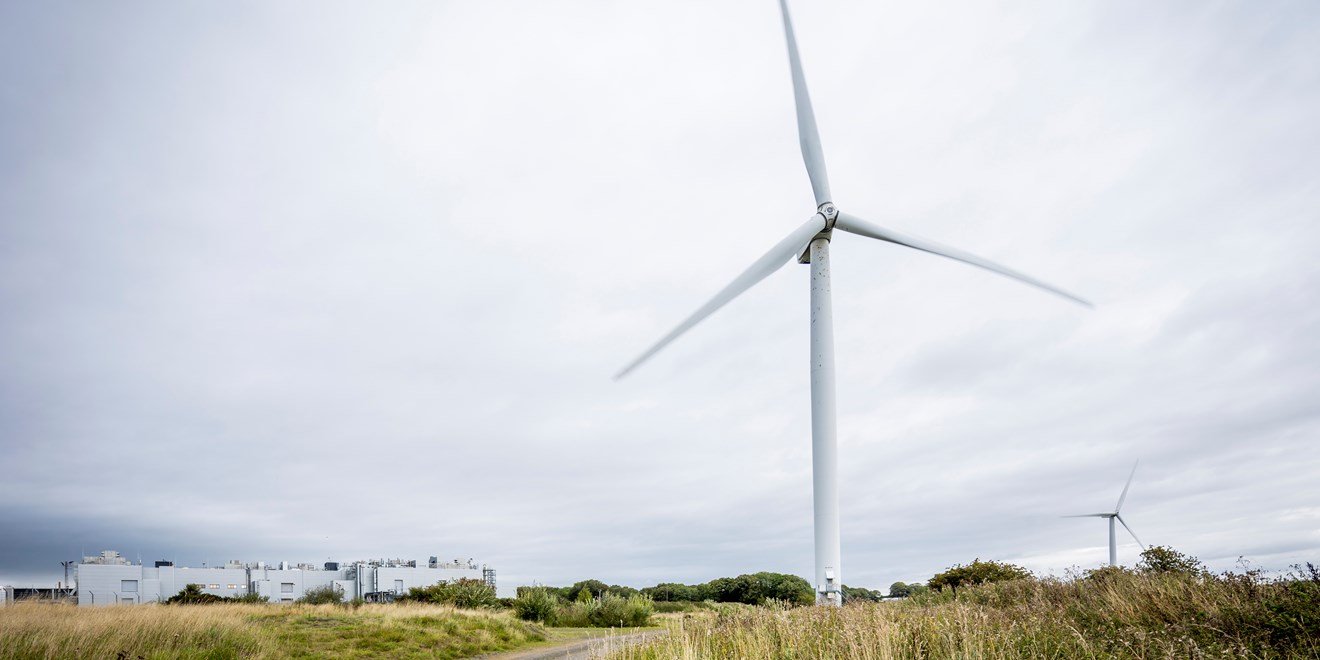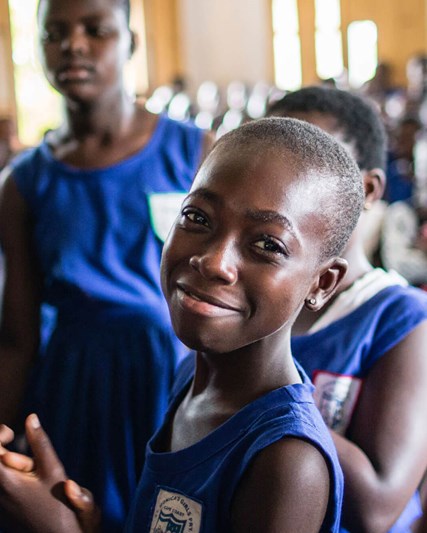Our commitment:
having a net zero impact on the climate and a net positive impact on nature by 2030.

Energy and carbon
By 2030 we'll have a net zero climate impact.
With regard to energy, our objectives are as follows:
-
emissions from all operations by 2030
Net 0 -
renewable electricity by 2025
100%
We have set up the Energy Reduction & Transition Program to achieve these goals: It is a multi-year investment plan. Old buildings are replaced or extensively renovated with new, more efficient technologies. Other units are continuously optimised to increase their energy performance.
Over the past 5 years, the programme has enabled us to reduce CO2 emissions from our Belgian sites by 20%, while continuing to develop the business.
Modernisation and optimisation
Our Rixensart site has recently been equipped with a new boiler room with the latest generation boilers in order to be more efficient in our energy consumption. This new boiler room allows the production and supply of industrial steam (30 tons/hour) to all the buildings on our Rixensart site.
We are also optimising our cold production equipment, which is needed in large quantities in our vaccine manufacturing process.
Soft mobility on our sites
We have introduced a soft mobility policy with the promotion and implementation of structures to encourage travel by bicycle, carpooling and public transport. A large electric recharging system has been installed for company cars. We also organise recurring events such as the Spring Bike Festival and Mobility Week.
Water
By 2030 we'll have a net positive impact on nature.
With regard to water, our objectives are as follows:
-
reduction overall water use in our operation by 2030
20% -
good water management at all our sites by 2025
100%
Over the past five years, despite the increase in activity at our site, our water consumption has remained proportionally constant.
To achieve our goal, we will use the best technologies and optimise the cleaning processes of our production units to reduce consumption.
The optimisation of the current purified water system in Rixensart allows us to save up to 500 m3 of water/day. Our ultimate goal is also to be able to recover water for industrial use.
In addition, we aim to close the natural water cycle by reducing the amount of waterproofing and by creating ponds on the site to allow rainwater to infiltrate into the groundwater body.
Waste
All of our waste will be recycled and reused by 2030.
Our two key areas of focus for waste management:
-
reduction of waste by 2030
20% -
of our operational waste moved to a more circular end of life through recycling, reuse and reutilisation
100%
We are committed to managing our waste responsibly and for over 20 years our waste has not been sent to landfill (Zero Landfill).
There are more than 30 different waste streams in place at our sites.
Some of the initiatives implemented at our sites in Belgium:
- Recycling of clothing from production areas
- Selective collection and recycling of beverage bottle caps
- Final packaging in cardboard for some departments
- Reduction of single-use plastic for a number of catering items
- Optimisation of industrial glass recycling (laboratory glassware)
- Cigarette butts
Biodiversity
Our goal is to generate a positive impact on biodiversity at all our Belgian sites by 2030.
The Belgian sites have been certified as a "nature network" for more than ten years. 40% of our sites are green spaces, including wooded areas, flower meadows, lawns, etc. We are continuously increasing this space in order to bring nature back to the centre of our sites.
For example, we have large habitat areas on our sites for endangered species in wooded areas that also serve as a recreational area for our staff. Our efforts are carried out under the guidance of recognised local and international experts such as Natagora.



